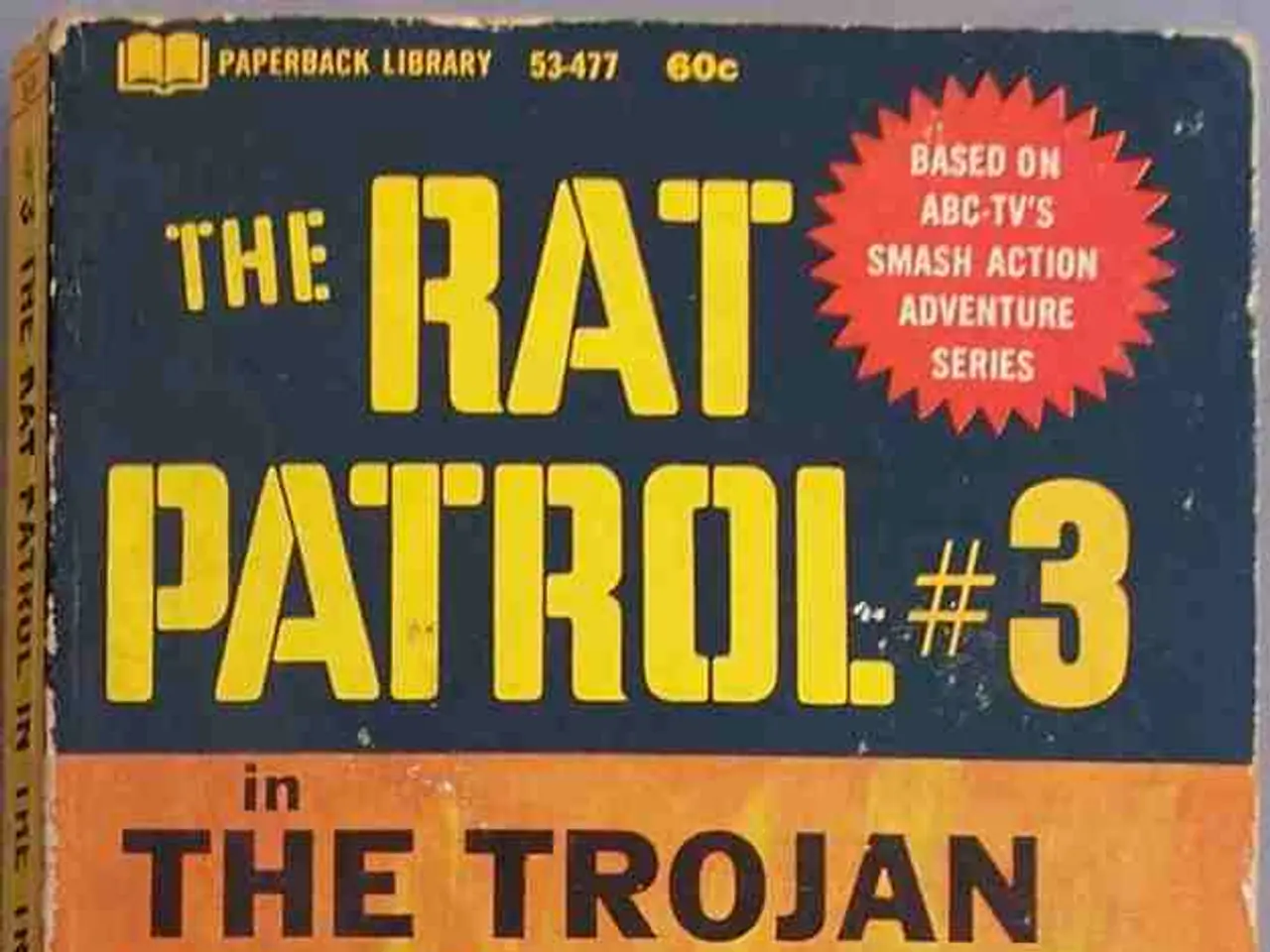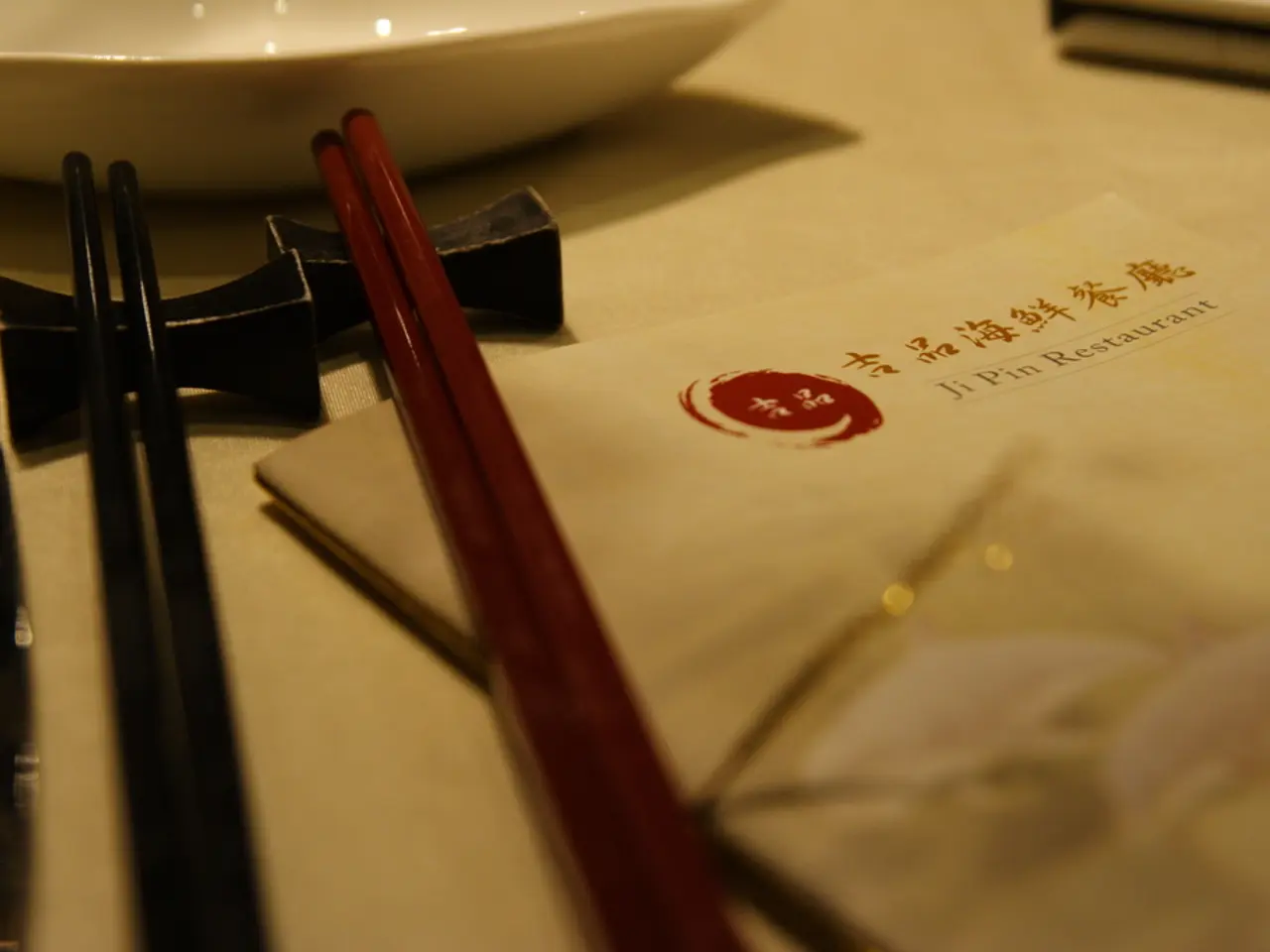Iraqi presidential authorities denounce airstrikes on northern oil facilities, call for responsibility and transparency
Recent drone attacks on the Khormala and Sarsink oil fields in northern Iraq have caused suspensions of production and heightened concerns over the security of the country's vital energy infrastructure. The attacks, which have not been attributed to a specific group or entity, are part of ongoing tensions between Baghdad and the Kurdistan Region over oil management and revenue distribution.
The Sarsink oil field, located in the Amadiya district of Dohuk governorate, was targeted by drones, resulting in a temporary halt of production. No casualties have been reported from this incident. The Khormala oil field, situated in the Makhmour district of Erbil governorate and considered part of Kirkuk governorate, not under the jurisdiction of the Kurdistan Regional Government (KRG), was hit by two unidentified drones. The field, which is managed by the Kar Group, produces about 100,000 barrels of oil per day and is considered an extension of the Kirkuk oil field. The attacks damaged pipes at the site, but no casualties have been reported.
The Iraqi Presidency has strongly condemned the drone attacks on the Khormala and Sarsink oil fields and called for swift investigations to identify and hold those responsible. The Presidency's statement did not provide any details on who is suspected to be behind the attacks on the Khormala oil field. The Presidency has also criticized the ongoing control and operation of the Khormala field by the Kar Group, labelling such activities as "illegal exploitation."
The Presidency's statement further urged immediate action to "expose and prosecute those behind the attacks" on the Khormala oil field. The Presidency also called for protection of national resources from external threats and internal mismanagement. The ongoing tensions between Baghdad and Erbil over oil revenues and contested areas are not new, and these attacks are a reminder of the need for a peaceful resolution to these issues.
The US Embassy in Baghdad has also condemned the attacks and called for an investigation into the incidents to ensure accountability and protect vital infrastructure. The attacks have raised serious concerns over the security of Iraq's energy infrastructure, highlighting the need for enhanced security measures to protect these vital assets. The Iraqi government and the Kurdistan Regional Government must work together to address these security concerns and find a lasting solution to the ongoing tensions over oil revenues and contested areas.
- The ongoing tensions between Baghdad and the Kurdistan Region over oil management and revenue distribution have escalated with recent drone attacks, targeting the Sarsink and Khormala oil fields.
- The attacks on the Sarsink and Khormala oil fields, which produced about 100,000 barrels of oil daily, have caused temporary suspensions in production and raised questions about the security of Iraq's energy infrastructure.
- The Iraqi Presidency has strongly condemned the drone attacks and urged swift investigations to identify and hold those responsible, labeling the activities at Khormala field as "illegal exploitation."
- The US Embassy in Baghdad has also joined the call for an investigation, emphasizing the need for accountability and protection of Iraq's vital energy infrastructure.
- The ongoing control and operation of the Khormala field by the Kar Group, a private entity, has been a point of contention between the Iraqi government and the Kurdistan Regional Government.
- The attacks serve as a reminder of the need for a peaceful resolution to the ongoing tensions, emphasizing the importance of protecting national resources from external threats and internal mismanagement.
- The Iraqi government and the Kurdistan Regional Government must work together to address the security concerns and find a lasting solution to the ongoing disputes over oil revenues and contested areas, promoting stability and economic growth in the region.




